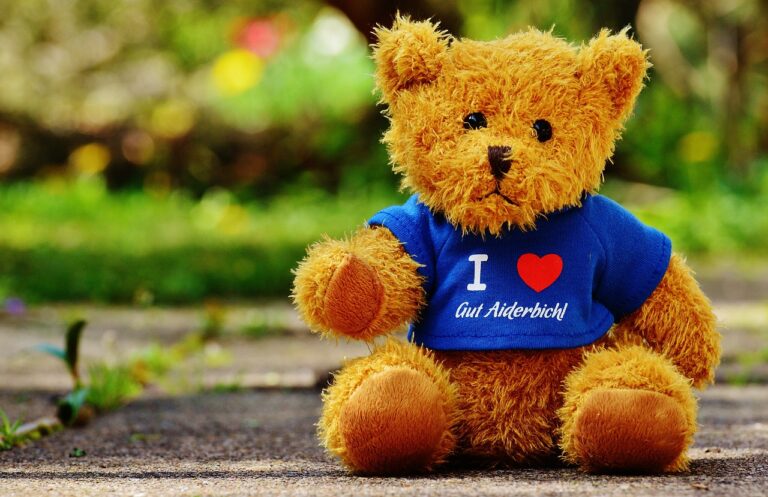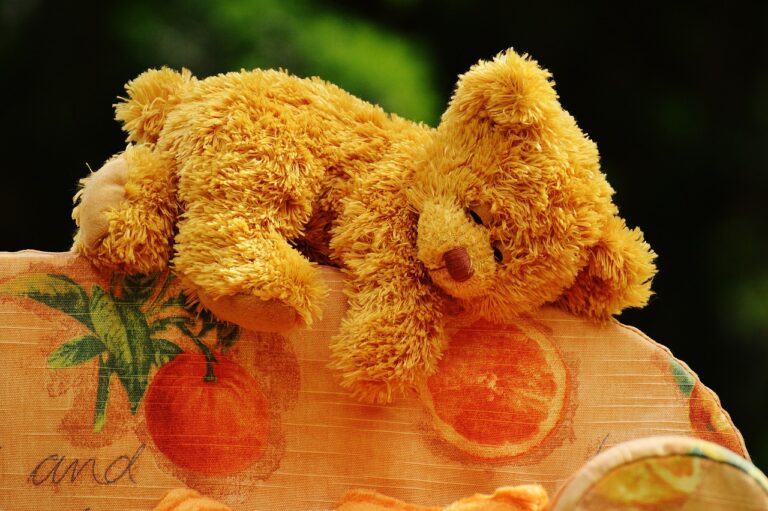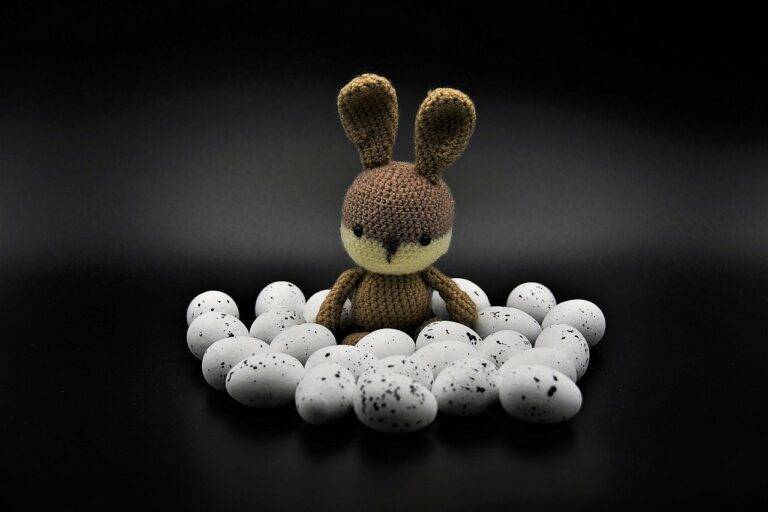Sustainability Initiatives in Haunted House Souvenir and Merchandise Production: 11xplay com, Gold365, Skyfairs
11xplay com, gold365, skyfairs: Halloween season is here, and haunted houses are popping up all over the country, offering scares and screams to thrill-seekers of all ages. Along with the spooky attractions, visitors often like to take home souvenirs and merchandise to remember their haunted adventure. However, as concerns about environmental sustainability continue to grow, haunted house operators are finding ways to reduce their impact on the planet through sustainable initiatives in souvenir and merchandise production.
1. Sustainable Materials
One of the key initiatives haunted houses are taking is using sustainable materials for their souvenir and merchandise products. Instead of plastic or other non-biodegradable materials, many operators are opting for eco-friendly options such as recycled paper, bamboo, or organic cotton. These materials not only reduce waste but also minimize the carbon footprint of production.
2. Local Sourcing
Another important aspect of sustainability in souvenir production is sourcing materials locally. By supporting local businesses and artisans, haunted houses can reduce transportation emissions and support their communities. Plus, locally sourced materials often have a lower environmental impact than those that are mass-produced and shipped from far away.
3. Biodegradable Packaging
In addition to using sustainable materials for their products, haunted houses are also focusing on sustainable packaging. Instead of plastic bags or wrapping, operators are opting for biodegradable options such as paper or compostable materials. This helps reduce waste and ensures that even if the packaging ends up in a landfill, it will break down naturally over time.
4. Energy-Efficient Production
To further reduce their environmental impact, haunted houses are investing in energy-efficient production methods for their merchandise. Using solar power, LED lighting, and other energy-saving technologies can help lower carbon emissions and reduce the overall environmental footprint of souvenir and merchandise production.
5. Water Conservation
Water is a precious resource, and haunted houses are implementing water conservation measures in their souvenir production processes. By using water-efficient equipment and recycling water where possible, operators can minimize their water usage and help protect this vital resource for future generations.
6. Waste Reduction
Finally, haunted houses are focusing on waste reduction in their souvenir and merchandise production. By recycling materials, reducing packaging waste, and reusing items where possible, operators can minimize the amount of waste that ends up in landfills and help create a more sustainable industry overall.
FAQs
Q: Are sustainable souvenirs more expensive?
A: While sustainable materials and production methods may initially cost more, in the long run, they can help reduce costs and create a more sustainable business model.
Q: How can consumers support sustainable haunted house merchandise?
A: By choosing items made from sustainable materials, purchasing locally sourced products, and opting for biodegradable packaging, consumers can help support sustainability initiatives in the haunted house industry.
Q: What are some examples of sustainable haunted house merchandise?
A: Examples of sustainable merchandise include t-shirts made from organic cotton, recycled paper notebooks, reusable tote bags, and biodegradable keychains.
As the demand for sustainable products continues to grow, haunted houses are stepping up to the challenge and implementing initiatives to reduce their environmental impact. By using sustainable materials, sourcing locally, and focusing on energy efficiency and waste reduction, operators are creating a more sustainable industry that can be enjoyed for years to come. So next time you visit a haunted house, keep an eye out for their sustainable souvenirs and merchandise you’ll not only get a spooky memento but also support a more eco-friendly industry.







